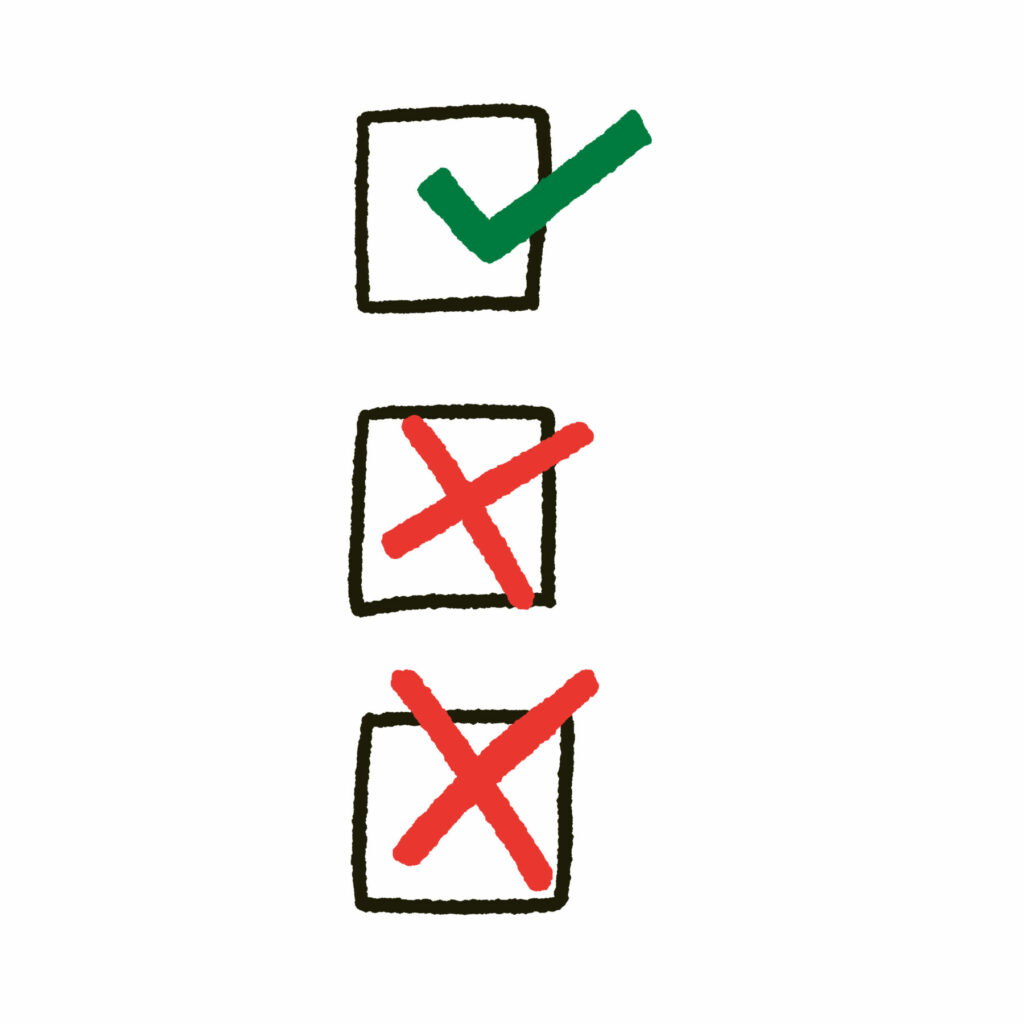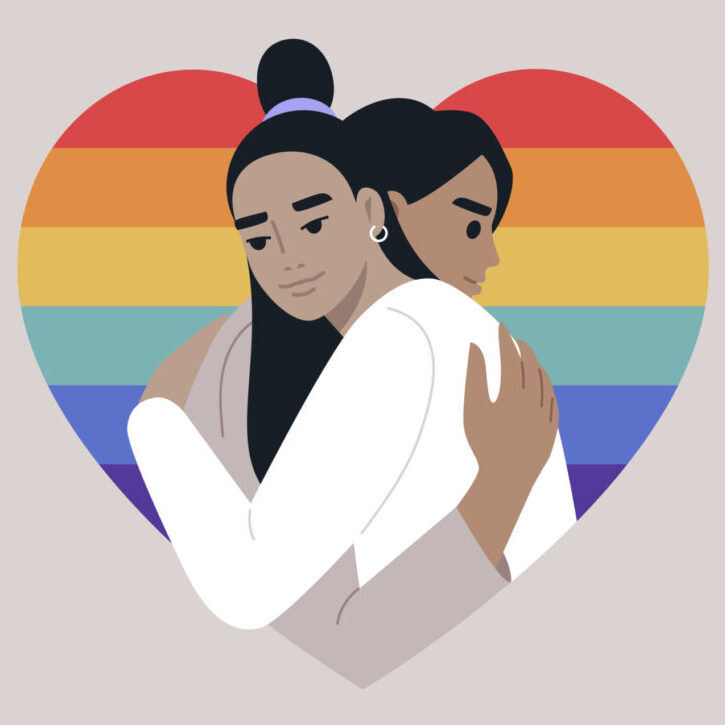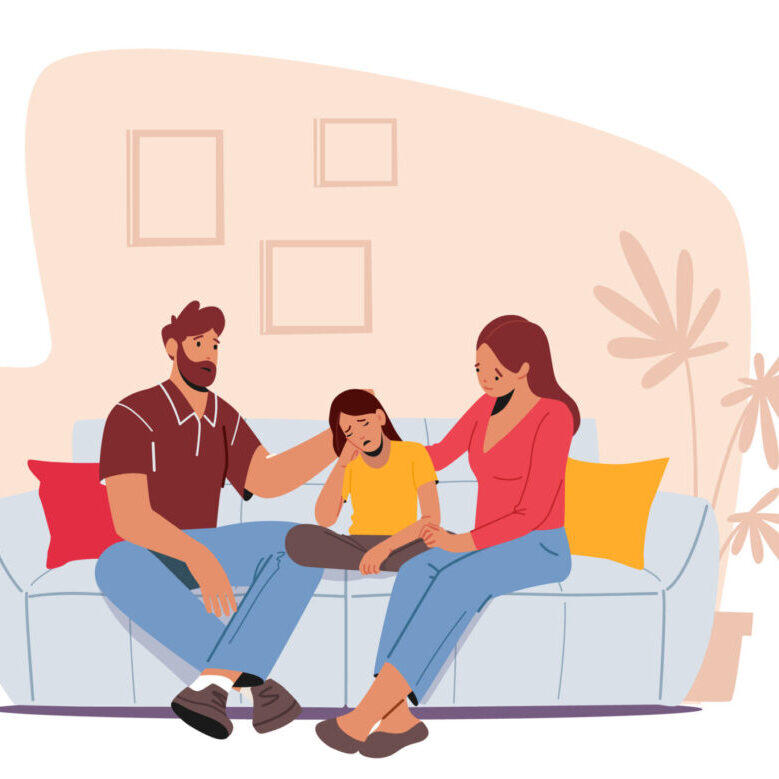Mindfulness Tools for Decision-Making

If you live in Chicago and have had to choose a restaurant for dinner, you probably know decision fatigue well. Choosing a dinner spot is just one of the decisions we might make in our day – in fact, our days are typically filled with many decisions that need to be made. Should you take the Red Line or the Brown Line? The forecast says it could rain, so what kind of jacket should you wear? Do you want to grab your coffee in Lakeview or Andersonville? Should you just make coffee at home? On top of the day-to-day decisions we make, we may also be facing larger life decisions. Do you want kids? Do you want an open or monogamous relationship? Should you apply to a different job or go back to school? Big and small decisions can create a good deal of stress in our lives and, when we are facing many decisions at once, making any decision can feel overwhelming. If you’re facing a big or small decision, consider the following mindfulness tools to help you think through your options:
Stop. How are you feeling?
Mindfulness tools and approaches are all about checking in with yourself in the here-and-now. While this can be incredibly difficult to do when we are overwhelmed, it can also be incredibly helpful. If you notice that your thoughts are ruminating around a particular dilemma, that you’re feeling bodily discomfort, or if you notice yourself becoming detached from the present moment, try to stop and ask yourself what you are feeling. Notice how your body feels first. Are you tense? Tight? Notice what thoughts are coming up. Are they rapid? Ruminating? Are you feeling stressed or frustrated? If so, how can we attend to this feeling in the moment? Would a snack make it easier to think through an issue? Or maybe a walk around the block? For example, if you notice your head is hurting as you flip through flight prices, try pausing and walking away from your screen and checking in with yourself. While identifying the feeling might not resolve it, we can at least have a greater sense of self-awareness going into our decision. Additionally, an anxiety therapist can really help you identify your triggers and warning signs for when you’re getting overwhelmed!
Consider your Timeline.
Is this a decision that needs to be made right now? Or do we have time to sit with it? If this is a decision that needs to be made right now, it can be helpful to recognize that you are in a pressured situation. In situations like this, sometimes we might need to accept a “good enough” decision. For example, if you’re on a road trip and need to eat but most places are closed, you may have to settle for a gas station meal to sustain yourself for the drive ahead. If we wait for the perfect option, we might be driving hungry all night. If we have some time to make our decision, try not to look too far into the future. We are not fortune tellers and cannot possibly predict the future. Instead, ask yourself: what would be helpful in this moment? For example, we might notice that we need more information about an event before committing to it. How might we inquire about this information? Do we need to compartmentalize and take a break from thinking through solutions? Based on our past experiences, how might we approach this experience in an affirming way?
De-prioritize Finding the “Perfect” Option.
Every decision we make has natural consequences. Often we look at consequences as only being negative, when consequences can be positive, negative, or neutral. For example, a positive consequence of brushing your teeth might be that you have fewer cavities. A neutral consequence of aging is that our bodies look different over time. A negative consequence of driving to work may be that we have to find parking. You also might be making a choice between two non-ideal options. For example, you might find that you want to leave a relationship. Staying in the relationship might be frustrating for some reasons, and leaving it might be scary for others. There truly may not be an ideal choice or decision to be made. Instead, we might want to examine how decisions work with our goals and our values. A couples counselor can also help you and your partner weigh your options around continuing your relationship.
Consider Values in Your Pros and Cons List.
Most of us are familiar with the idea of writing down a pro/con list when it comes to decision making. I would suggest letting your value system and goals guide your decision making. For example, you may value community and have a goal to meet more people in your neighborhood. You learn that your block is having a pie contest, only you’ve never made a pie before. You may decide that, while you’re intimidated with having to make a pie that your neighbors will have to try, that it’s worth it to enter the event so you can meet more people and develop a relationship with others in your community. There is no “right” or “wrong” in decision making. We can, however, make choices that more closely align with our goals and value system.
Mindfulness tools are invaluable when it comes to the day-to-day stressors, including decision fatigue. A therapist can help you consider what might be holding you back from thriving each day and offer mindfulness tools and techniques to help you get back on track. Reach out and schedule with us today!
This blog is made for informational and educational purposes only. It is not medical advice. The information in this blog is not intended to (1) replace a one-on-one relationship with a qualified licensed health care provider, (2) create or establish a provider-patient relationship, or (3) create a duty for us to follow up with you.



